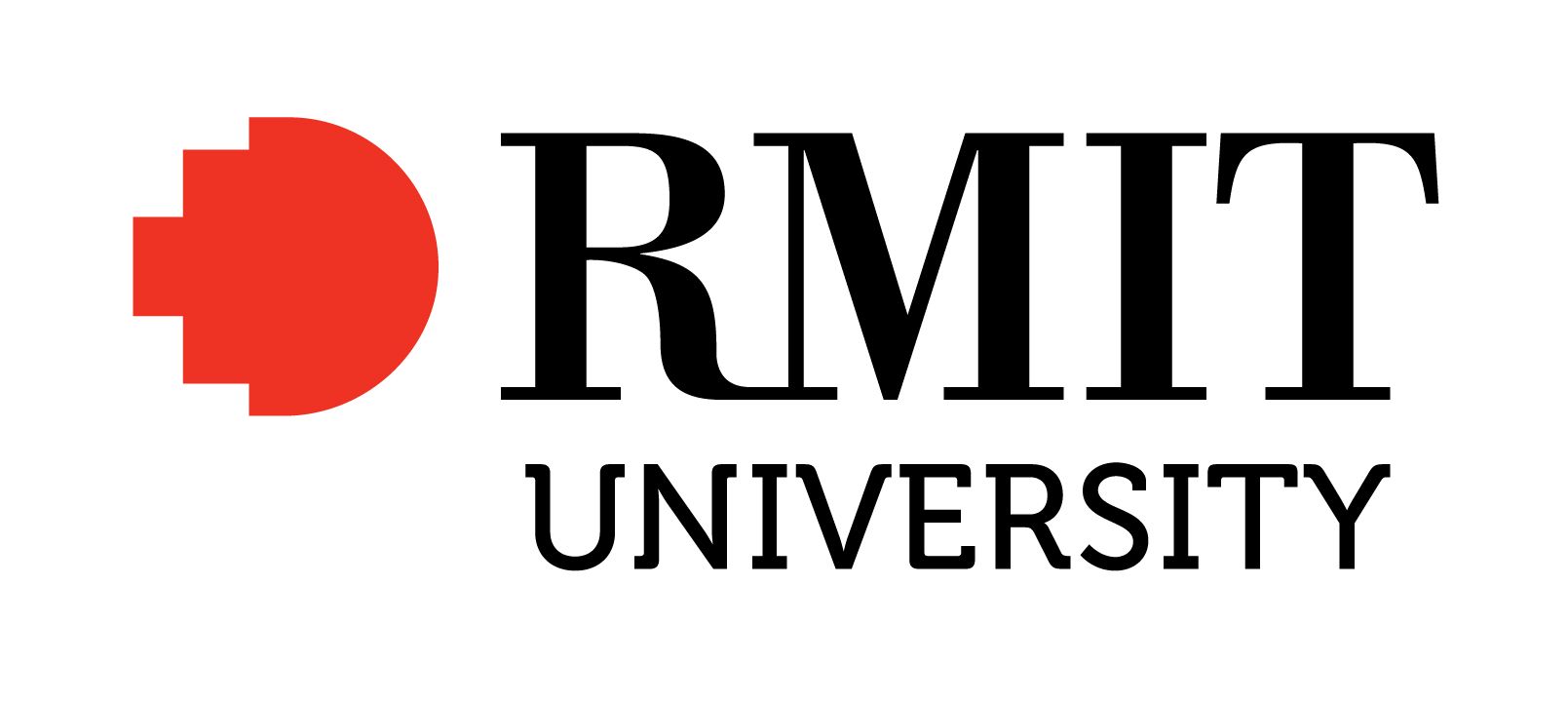Full description
BACKGROUND Historically, music mixing technologies have evolved in tandem and directly related to specific music genres. In this context the technology determines a narrow sonic quality for a particular music genre, and in this way stultifies the development of the genre. This research examines whether an innovative use of a single piece of mixing software can be used across genres and therefore be applied to create diverse and innovative sonic qualities, not tied to, and determining a single type of sound. CONTRIBUTION This research led to innovative approaches to 'mixing in the box' utilising Universal Audio software based applications to mix three different recordings in three genres, without the assistance of hardware mixing technologies. The outcomes demonstrate that development of musical genres and sonic sound can be artist-driven rather than technology-driven. SIGNIFICANCE This work demonstrates that musical genres need not be defined by technology, specifically mixing software, but rather an innovative use of technology can lead to a diversity and complexity of sound. The significance of the research is measured by public acknowledgement and reception of the recordings, with one Paper Walls by Emily Soon (2016) reaching number 2 on the Australian Singer/Songwriter iTunes charts and Square One by Jade Kerber (2016) being nominated for Best Instrumental Jazz Album in the 2016 Australian Independent Music and International Independent Music Awards.Issued: 2016-01-01
Created: 2024-10-30
Subjects
User Contributed Tags
Login to tag this record with meaningful keywords to make it easier to discover
Identifiers
- DOI : 10.25439/RMT.27352086.V1



